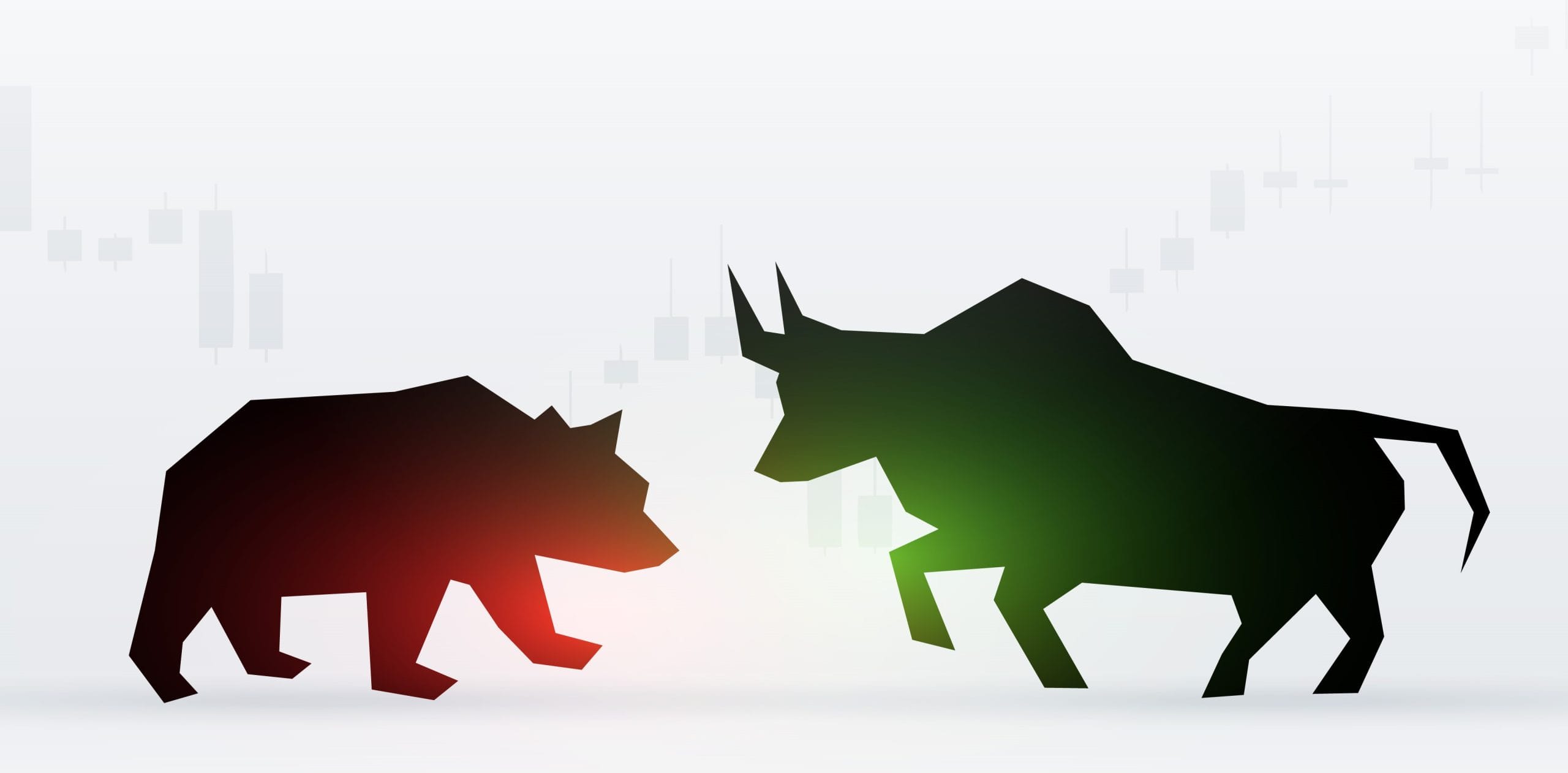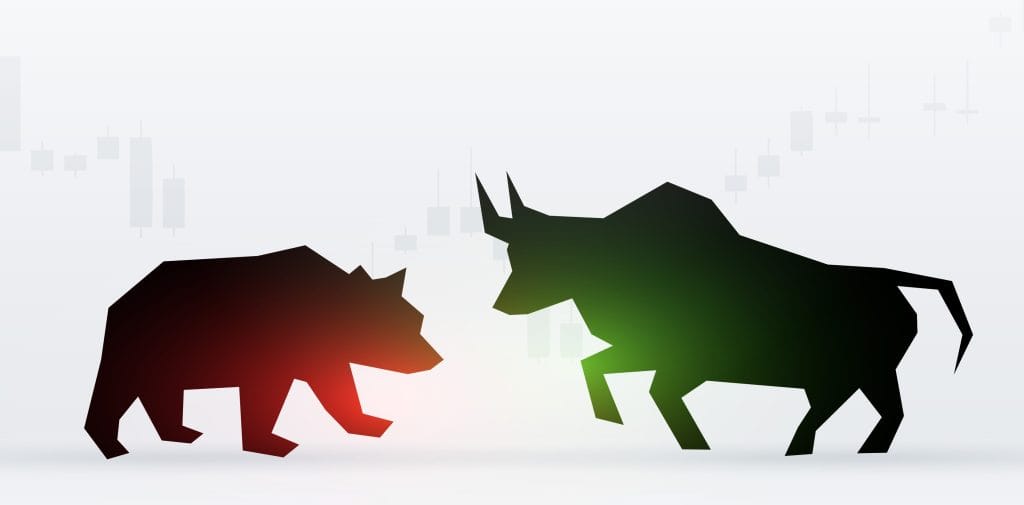Brett Steenbarger, a well-known trader and trading coach, described revenge trading as a “dangerous and irrational way to use your trading capital”. Most have experienced revenge trading at some point in their trading journey although many traders might not admit it. It is one of the most common mistakes traders make.

Trading in financial markets demands discipline, strategy, and emotional control. Despite meticulous planning, losses are inevitable. However, how traders react to losses can significantly impact their long-term success.
One of the most destructive behaviours in trading is revenge trading, where emotions such as anger and frustration drive decision-making instead of logic and analysis. Revenge trading is not limited to new traders; even seasoned professionals can fall into its trap.
Nick Leeson is a derivatives trader at Barings Bank, one of the oldest and most prestigious banks in the UK. Leeson’s trading activities led to the bank’s infamous collapse in 1995.
Leeson was initially tasked with arbitrage trading, a low-risk strategy. However, he began engaging in speculative trades, which resulted in significant losses. Instead of reporting these losses, Leeson attempted to recover them by taking increasingly large and risky positions—a classic example of revenge trading. His actions were driven by the desire to “win back” the losses rather than accept them and adhere to proper risk management protocols.
Leeson’s aggressive and emotional trading compounded the losses instead of mitigating them. Ultimately, he accumulated hidden losses of over £827 million. The staggering figure wiped out Barings Bank’s capital, forcing it into bankruptcy and marking one of the most dramatic collapses in financial history.
This article explores the causes, effects, and prevention strategies for revenge trading, offering actionable insights for traders aiming to maintain discipline and consistency.
What is revenge trading?
Revenge trading is the act of making impulsive trades driven by emotional responses, typically anger, frustration, or the desire to recoup recent losses. It is often compared to the concept of being “on tilt” in poker, where players make irrational decisions after an unexpected loss. In trading, revenge traders abandon their usual strategies and take disproportionate risks, often resulting in even greater financial losses.
A typical scenario involves a trader experiencing a significant loss, either due to market unpredictability or personal error. Instead of stepping back and analysing the situation, they hastily enter a new position with the hope of recovering quickly. This emotional reaction can spiral out of control, leading to escalating losses.
The psychology behind revenge trading
Revenge trading stems from several emotional and psychological factors, which affect traders regardless of their level of experience.
- Anger and frustration: After a loss, traders often feel anger—either directed at themselves for making an error or at the market for behaving unpredictably. This anger clouds judgement and leads to impulsive decisions.
- Fear and shame: Fear of failure and the stigma associated with losses can push traders to act irrationally. They may fear judgment from peers, family, or colleagues, especially if they are perceived as skilled traders. This shame can drive them to act hastily to “prove” their abilities.
- Greed: Greed plays a significant role in revenge trading. Traders often convince themselves that a single trade can recover their losses. This mindset disregards proper risk management and leads to over-leveraging or doubling down on losing positions.
- Human biases: Humans are hardwired to avoid loss, a concept known as loss aversion. Psychological studies have shown that losing money feels worse than gaining an equivalent amount feels good. This disproportionate emotional impact of losses can compel traders to act irrationally in an attempt to alleviate the pain.
Consequences of revenge trading
The financial and emotional costs of revenge trading can be severe:
- Financial losses: By taking larger and riskier positions, traders often compound their losses instead of recovering them.
- Emotional toll: Revenge trading creates stress and anxiety, which can negatively affect decision-making and overall well-being.
- Erosion of discipline: Abandoning trading strategies undermines long-term success and fosters bad habits.
- Loss of confidence: Continued losses from revenge trading can damage a trader’s confidence, making it harder to approach the markets rationally in the future.
How to prevent revenge trading
Understanding and acknowledging the risks of revenge trading is the first step toward avoiding it. Below are several practical strategies that traders can use to prevent this harmful behaviour.
- Step back and take a break: When emotions run high, the best course of action is to step away from the trading platform. A short break provides the mental clarity needed to reassess the situation. Activities like taking a walk, meditating, or engaging in a hobby can help traders reset their mindset.
- Keep a trading log: Maintaining a detailed trading journal is an essential tool for self-reflection and learning. By documenting the reasons behind each trade, the outcomes, and any deviations from the plan, traders can identify patterns and avoid repeating mistakes.
- Revisit your trading plan: A solid trading plan serves as a roadmap for success. When faced with a loss, traders should revisit their plans, review their strategies, and assess whether adjustments are needed. A well-thought-out plan reduces the likelihood of emotional decision-making.
- Practise risk management: Effective risk management is crucial to long-term success. Traders should set clear stop-loss levels and position sizes before entering a trade. By limiting potential losses, they reduce the emotional impact of any single trade.
- Develop a post-loss ritual: Psychologists and trading coaches recommend creating a ritual to handle losses constructively. This might involve acknowledging the loss, reflecting on what went wrong, and mentally rehearsing a better approach for the future.
- Analyse market conditions: Not all losses are due to poor strategy; sometimes, market conditions are simply unfavourable. Assessing the broader market environment can help traders determine whether their strategies are suited to the current conditions or if adjustments are needed.
- Cultivate emotional awareness: Self-awareness is a powerful tool in trading. By recognising emotional triggers and their effects, traders can pause before making impulsive decisions. Techniques such as mindfulness and meditation can enhance emotional control.
Building discipline in trading
Discipline is the cornerstone of successful trading. To stay disciplined, traders should adopt the following practices:
- Accept losses as part of the process: Losses are inevitable in trading. Viewing them as opportunities for growth rather than failures can help traders maintain perspective.
- Set clear rules and stick to them: Define entry and exit criteria, risk levels, and daily limits. Adhering to these rules reduces the influence of emotions.
- Limit screen time: Overexposure to market movements can heighten stress. Allocating specific trading hours and taking breaks can improve focus and decision-making.
- Continue learning: The markets are constantly evolving. Staying informed about market trends, strategies, and trading psychology helps traders adapt and improve.
Final thoughts
Revenge trading is a natural yet destructive response to losses in the financial markets. While it may seem like a quick fix to recover lost capital, it often results in greater financial and emotional harm. By recognising the psychological triggers of revenge trading and implementing strategies to prevent it, traders can protect their capital and maintain a disciplined approach.
Trading requires a balance between rational analysis and emotional control. While losses are inevitable, how traders respond to them determines their long-term success. By taking breaks, maintaining a trading log, revisiting strategies, and practising self-awareness, traders can overcome the urge to revenge trade and focus on sustainable growth.
Ultimately, the goal is not to eliminate emotions but to manage them effectively. With patience, discipline, and a commitment to continuous learning, traders can navigate the challenges of the markets and build a successful trading journey.
Planner Sheet10 businessabc citiesabc intelligenthq 1fashionabc sportsabc Wisdomia hedgethink TradersDNA |
Read More:
Himani Verma is a seasoned content writer and SEO expert, with experience in digital media. She has held various senior writing positions at enterprises like CloudTDMS (Synthetic Data Factory), Barrownz Group, and ATZA. Himani has also been Editorial Writer at Hindustan Time, a leading Indian English language news platform. She excels in content creation, proofreading, and editing, ensuring that every piece is polished and impactful. Her expertise in crafting SEO-friendly content for multiple verticals of businesses, including technology, healthcare, finance, sports, innovation, and more.









